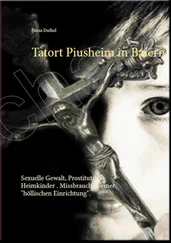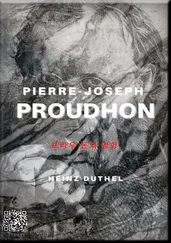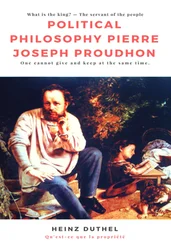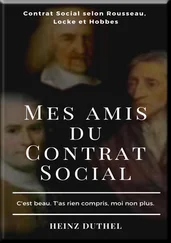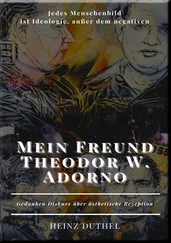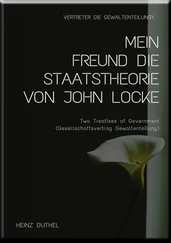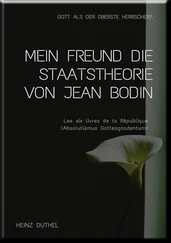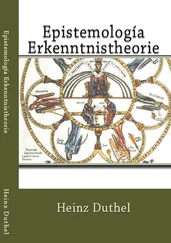[Bourdieu, 1990 #38, p 53]
Here, two features of the habitus are offered: that it is durable and it is transposable. ‘Durable’ because we become formed by or molded by the habitus; it is reflected in everything we do, our actions, the language we use, our body postures, relationships. As Richard Jenkins says the habitus is “not just manifest in our behaviour, it is an integral part of it” [Jenkins, 1992 #59, p 75]. The habitus is ‘transposable’ because it can generate our behaviour in conditions other than those that it previously occurred and was initially acquired. The habitus is not a straightjacket though, not an objective imposition of personalities. The habitus is not explicitly taught - though some aspects of it may be. Rather the habitus is inculcated through our experiences - our own personal trajectories.
Operationalising Pierre Bourdieu’s use of the habitus requires some work and interpretation. I will do so drawing on his various writings [Bourdieu, 1977 #36; Bourdieu, 1977: 2nd Edition 1990 #39; Bourdieu, 1979: 1984 #45; Bourdieu, 1990 #37; Bourdieu, 1990 #38].
Through our dispositions, the most improbable practices are excluded as unthinkable, which inclines us to be predisposed to act in ways that we have done in the past. The habitus produces practices that reproduce the regularities of experience while slightly adjusting to the demands of the situation. In practice the habitus is history turned into nature. Our unconscious is therefore the unforgetting of our history turning our actions instead into second nature. The habitus is the product of inculcation and appropriation. It is through this that objective structures and relations of domination reproduce themselves [Bourdieu, 1977 #36, pps 72 - 83]
This is because the regularities that seem to exist appear to us as natural since we are predisposed to see them as such through the way we perceive the world. We tend to ignore the limitations of our previous experiences and give them more weight than they deserve. In this way, both individual and collective practices are produced. Past experiences achieve a constancy over time as we become more tied obeying the past than considering the future. Our actions tend to be habitual - creating a ‘structure’ to our practices - or as patterns to our behaviour [Bourdieu, 1990 #37, pps 52 - 59]. This is in some ways just what Emile Durkheim has said in not so many words:
In each one of us, in differing degrees, is contained the person we were yesterday, and indeed, in the nature of things it is even true that our past personae predominate in us, since the present is necessarily insignificant when compared with the long period of the past because of which we have emerged in the form we have today. It is just that we don’t feel the influence of these past selves precisely because they are so deeply rooted within us. They constitute the unconscious part of ourselves. Consequently we have a strong tendency not to recognise their existence and to ignore their legitimate demands.
[Durkheim, 1938: 1977 #336, p 111]
Habitus is in the head; it is also in the relation, which derives in part from the prevailing economic relations. One issue in this aspect of Pierre Bourdieu’s work is the role of the conscious in practice.
The habitus then contributes to the reproduction and regeneration of the status quo. It is embodied structure leading to action. It is about the way we behave and the way we conceptualise ourselves. it is both personal structuring and social structural relations of domination. It draws on the individual’s history, but is shaped by the present. Furthermore the individual habitus in not just individual. It plays a part on the collective action.
[Bourdieu, 1990 #37, p 70]
The habitus is more than just personnel predilections, but exposes social and cultural differences. Most recently, Pierre Bourdieu has written that the dominant classes actually feel themselves to be superior, rather than act as if they were [Bourdieu, 1984, 1993 #339, p 177], and that those bought up within that dominant culture internalise an unconscious taken for granted superiority, internalised in the habitus as categories of perception [Bourdieu, 1985 #340, p 728]. Furthermore in Distinction, Pierre Bourdieu describes examples of internalisation of middle class characteristics and their demonstration through gestures, postures, glances etc. [Bourdieu, 1979: 1984 #45]. Consequently, there are some characteristics deeply engrained in the collective and individual habitus of teachers of mathematics which come through in the dispersion through the field of the collective taken-for-granted practices which impose themselves on individuals and become seen as essential. Incorporating the habitus into my conceptual framework thus requires me to develop a methodological framework that allows access to such deeply engrained characteristics and dispositions.
Ideas like those of habitus, practice and cultural capital, and so on, were intended among other things to point out that there is a practical knowledge that has its own logic, which cannot be reduced to that of theoretical knowledge; that in a sense, agents know the social world better than the theoreticians. And at the same time, I am saying that of course, they really do not know it and the scientist’s work consists in making explicit this practical knowledge, in accordance with its own articulations.
[Bourdieu, 1991 #44, p 252]
Part of the operationalisation of the habitus is in articulating the practical knowledge that might be held by a teacher and the logic thereof. I have thus far organised this chapter around four aspects of the habitus – as social structure, as habit and disposition, as a structuring device and as symbolic violence. Thus, there is a requirement to recognise the legitimacy of the social roots of the practice of everyday life, and in research terms to search for that underlying social structure embedded in a teacher’s professional discourse.
More specifically, such an approach underlines the importance of predispositions and orientations in coming to an understanding of the organisation of teachers’ structures of thought. In particular this requires an examination of how the habitus manifests itself in such aspects as use of language, how one envisages one’s interrelationships to others, one’s style of dress, figures of speech, the roles ascribed to individuals and how these are to be carried out. I need to consider also the legitimacy of the influence of collective history in enacting and facilitating social organisation. Additionally I need to explore how dominant power relations are enacted and conceptualised through misrecognition, what is accepted without the need for elaboration for example. Also, I need to look for how the habitus predisposes us to position ourselves and relate to dominant discourses. Finally, in recognising the existence of a practical logic I need to look for patterns – for regularities of orientation in different contexts and different situations.
3.2.7 The habitus and ideology
Pierre Bourdieu’s writing can help us to look at how power or forms of domination are maintained and reproduced in families, groups and society, such that they result in the maintenance of social order by dominant groups. The habitus can help us to examine domination as everyday practice. Schools are interesting places to examine these everyday practices, since children and teachers interact in such a way to initiate children, as novices, in the ‘rules of the game’. Furthermore, schools are important because of the political and social significance of the site in reproduction and as a location of the ideological state apparatus.
Bourdieu’s notion of the habitus might be read as a formulation of Althusser’s notion of ideology. Where Althusser will write that ideology constructs the ordinariness of the subject, but that this ideology is the effect of a dispositif. The same term re-emerges in Bourdieu to describe the way in which a habitus generates certain beliefs. Dispositions are generative and transposable.
Читать дальше

